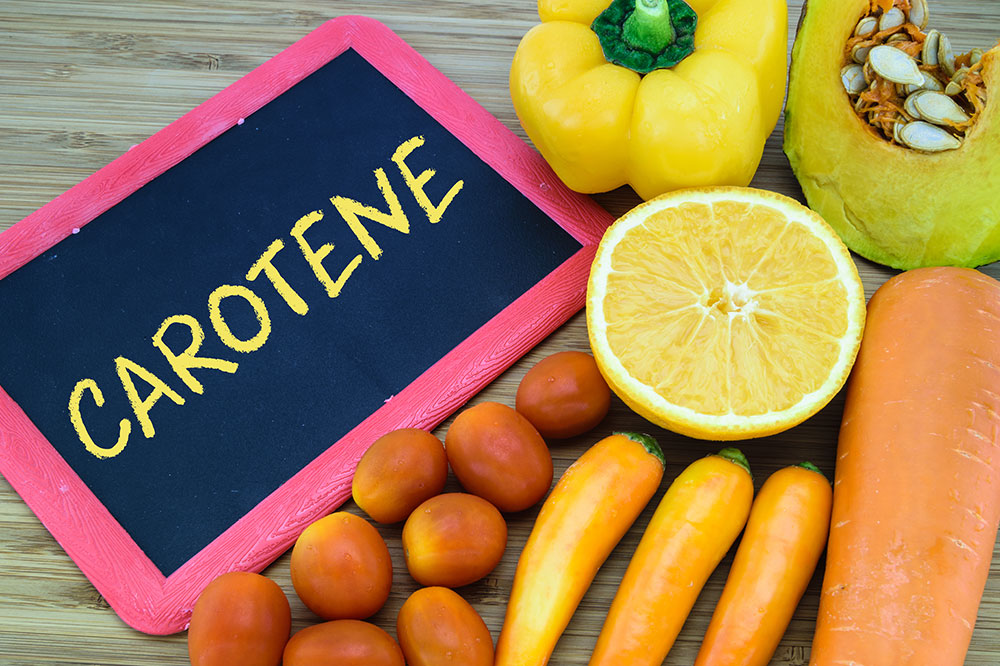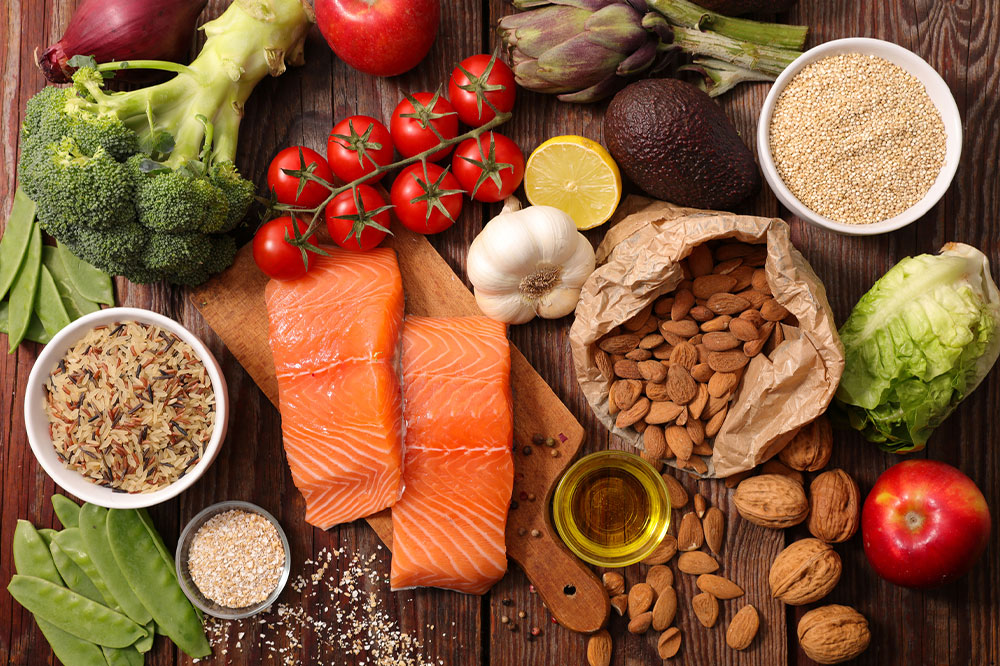Top Nutritional Strategies and Foods to Lower the Risk of Endometrial Cancer
Discover five powerful foods scientifically linked to lowering endometrial cancer risk. Learn how tomatoes, leafy greens, soybeans, berries, and green tea can be integrated into your diet to boost health and prevent disease. This guide provides practical tips and the latest research findings to help you make informed nutritional choices for cancer prevention and overall wellness.

Endometrial cancer, also commonly referred to as uterine cancer, is a significant health concern affecting women worldwide. It begins in the lining of the uterus, known as the endometrium, and is recognized as the most prevalent type of gynecological cancer globally. According to recent studies and medical research, lifestyle choices, particularly diet, play a crucial role in the risk factors associated with developing endometrial cancer. While genetics and environmental factors also contribute, a balanced diet rich in specific foods can help reduce the likelihood of onset and improve overall reproductive health.
Understanding the types of foods that possess cancer-fighting properties and their role in health maintenance has become an essential part of preventative healthcare. This comprehensive guide explores five highly beneficial foods that have been linked to a decreased risk of endometrial cancer through scientific research and nutritional analysis. Incorporating these foods into your daily diet can serve as a proactive approach to health, complementing other lifestyle modifications such as maintaining a healthy weight and engaging in regular physical activity.
Below, we delve into each of these foods, explaining their unique properties, how they interact with the body's biochemistry, and practical tips on how to include them into your everyday meals for maximum benefit.
Tomatoes: Tomatoes are renowned for their high levels of lycopene, a powerful antioxidant belonging to the carotenoid family. Lycopene has demonstrated significant anti-cancer effects by neutralizing free radicals and inhibiting cancer cell proliferation, specifically within the endometrial lining. Several studies have indicated that increased intake of lycopene-rich foods correlates with a reduced risk of gynecological cancers, including breast, lung, stomach, and notably, uterine cancers. Incorporating tomatoes into your diet is simple—use fresh tomatoes in salads, blend them into smoothies, or cook them into hearty sauces that can be served over grains or pasta. The cooking process actually enhances lycopene's bioavailability, making cooked tomato products like tomato sauce or paste even more effective.
Spinach and Other Leafy Greens: Spinach is a nutritional powerhouse, packed with essential vitamins such as A, C, and K, minerals like magnesium and iron, dietary fiber, and phytochemicals like lutein and zeaxanthin. These compounds work synergistically to reduce inflammation and oxidative stress, both of which are linked to cancer development. Regular consumption of leafy greens like spinach, kale, Swiss chard, and broccoli has been associated with a lower incidence of endometrial and other hormone-related cancers. You can enjoy spinach raw in salads, add it to smoothies, or sauté it with garlic as a side dish. The high fiber content also aids in hormonal regulation by supporting regular bowel movements and reducing circulating estrogen levels, which are crucial factors in endometrial cancer risk reduction.
Soybeans and Legumes: Soybeans are an excellent source of plant-based protein, fiber, and isoflavones—plant compounds that mimic estrogen's activity in the body. The consumption of soy products such as tofu, tempeh, soy milk, and edamame has been consistently linked with a decreased risk of hormonally driven cancers, including endometrial cancer. Isoflavones may help to balance estrogen levels and inhibit abnormal cell growth in the uterine lining. For optimal health benefits, incorporate soy-based foods into your meals several times a week. They serve as healthy, meatless options that are versatile for various cuisines, from stir-fries to salads and soups. Additionally, consuming fiber-rich legumes aids in maintaining hormonal balance and reducing inflammatory processes associated with cancer development.
Blueberries and Other Berries: Blueberries are rich in antioxidants such as anthocyanins, flavonoids, and vitamin C, which collectively combat oxidative stress and inhibit the growth of cancer cells. Regular intake of berries has been shown to delay or prevent the progression of various cancers, including those affecting the reproductive system. Other berries like strawberries, blackberries, and raspberries also contain similar beneficial compounds that support cellular health and immune function. Incorporate berries into your diet by adding them to breakfast cereals, smoothies, or yogurt, or simply enjoy them as a healthy snack. Their natural sweetness makes them an appealing addition to any meal while providing potent health benefits.
Green Tea: Green tea is famous for its high concentration of catechins, a type of antioxidant that has been extensively studied for its cancer-fighting properties. Epigallocatechin gallate (EGCG), a catechin found in green tea, has demonstrated the ability to slow cancer cell replication, induce apoptosis (programmed cell death), and inhibit tumor growth. Regular consumption of green tea has been associated with a lower risk of developing endometrial and other cancers. To leverage green tea's benefits, aim to drink at least one cup daily—hot or cold—and consider replacing sugary beverages with this natural antioxidant-rich drink for improved health outcomes.
Adopting a diet that emphasizes these foods can be a powerful preventative strategy against endometrial cancer. Combined with maintaining a healthy weight, engaging in regular physical activity, and avoiding smoking or excessive alcohol intake, these nutritional choices can significantly influence your cancer risk profile. Additionally, consulting with healthcare professionals and nutritionists can help design a personalized dietary plan tailored to your health needs and lifestyle.
Ultimately, staying informed about the connection between diet and cancer prevention empowers women to make proactive decisions that support their reproductive health. Incorporating these nutrient-dense foods into your daily routine is a simple yet effective step towards reducing endometrial cancer risk and enhancing overall well-being.





